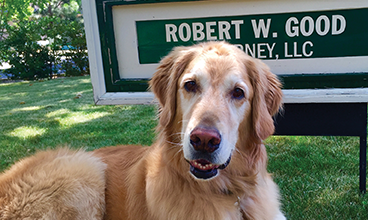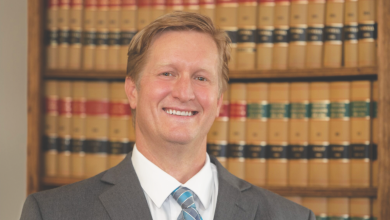Estate Planning Basics for All
Most of us are familiar with the slang terms “Trustafarian” or more recently in the news, “Trust Fund Baby Syndrome.” But what we often, falsely, associate with trusts and estate planning is wealth. We incorrectly assume people with more moderate assets do not need an estate plan. This is simply not true. Estate planning, whether a will or trust, is critically important even for people who have very little. No matter your financial worth, if you do not specify your wishes, you may leave your family’s future in the hands of the court.
Estate planning begins with a conversation about the nature and value of assets, general asset management needs and the dynamics of relevant family and friends. This conversation assists in determining if a will or a trust is the right vehicle for you. It is not as simple as one size fits all.
A will is a legally binding set of instructions for the person who will receive your real and personal property in the event of your death, as well as who will oversee distributing this property. In addition, it clarifies your wishes for burial or cremation. A will, however, is subject to probate, which can potentially tie up your assets in court well beyond your death.
A “living” trust avoids probate and can be created even with moderate assets. You do not need to have enough assets to create future “Trustafarians” to set up a trust. You can place most of your property – accounts, cars, your house – into the trust. Upon your death, this property automatically passes to those you have chosen. But, while you are living, you continue to have full control over your assets. Generally, the purpose of creating a living trust is to avoid “probate” and to create a smooth transition for transferring property after your death.
There are numerous other considerations that need to be discussed when creating a solid estate plan, including tax implications, power of attorney and advanced directives. Sound legal advice will help you with the process. Feel free to call us should you need assistance. Estate planning is vital for protecting your family, your property, and your peace of mind.
Scott C. Bucy is an attorney with the Law Office of Robert Good LLC, specializing in intellectual property, business, estate planning and family law. Contact him at (541) 482-3763.


